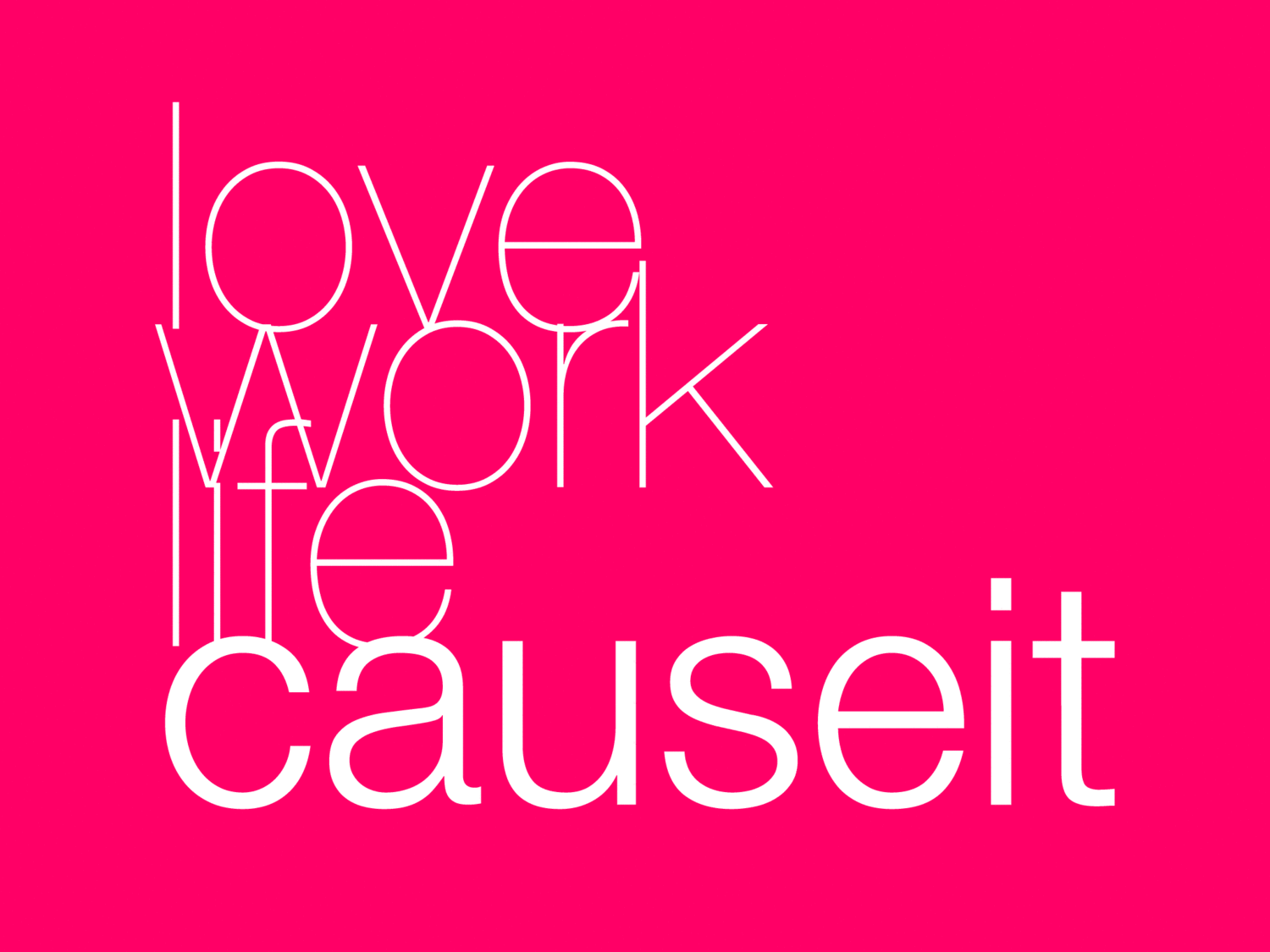In this interview segment, Mark Bonchek describes how organizations can't afford to take the time to run decision-making up and down hierarchical chains of command. Instead, organizations need to push decision-making out to the edges of their networks.
Mark Bonchek Talks Doctrine and Decision-Making
Full-Spectrum Innovation
Full-Spectrum Innovation is the idea of creating value in every possible place—from culture & society down to end users of a product, service or platform.
Teams of Lone Wolves
I first started conceiving of misfits and misfit teams when I began to reflect on my own employment process. As an unusual, "over"-sensitive and intelligent kid with no siblings, I often balked at oversimplified directions, experienced a bruised ego when receiving criticism, and struggled with how to participate in team or group environments. By the time I entered the workforce, I had developed a complex web of insecurities and related defenses designed to protect against the embarrassment of making public mistakes, compensating with my intelligence. It was in my first management position, which happened at about the same time I was engaging in lot of personal development work, that I really saw the impact.
Healing the Wounds of the Assembly Line with Feedback Loops and Doctrine
Often, the focus on the ideal of the cross-functional, interdisciplinary, extroverted worker results in questions being asked which the average employee is insufficiently skilled to answer. In her book Quiet, Susan Cain cites the example of one of her research technical interviewees' recollection of a 'murder board,' a panel of decision-makers whom engineers had to face in order to get their new ideas considered for funding and other resources. One can imagine a hard-faced panel of besuited men tearing down the brilliant if meek engineer with the smug expressions of a young MBA grad: "What's your marketing plan!," they might shout, "
The Introversion-Extroversion Spectrum
Introvert seems to be a nasty word these days. It's worth unpacking why, though, according to Susan Cain, author of Quiet: The Power of Introverts in a World That Can’t Stop Talking. In the book, she point to an overemphasis on the extrovert rooted in the shift from a 'culture of character' to a 'cult of personality,' stemming from the need to find new ways to quickly and repeatedly introduce one's self—to sell one's self—in the newly-urbanized United States in the early part of the 20th century.
Autonomy and Acceptable Failures: The Need for Doctrine
Autonomy, especially in and around U.S. businesses, is a tricky concept. Autonomy is valued very highly in our culture, but the challenge of finding a way to hand off acceptable amounts of control takes a lot more work than most leaders or employees realize. Few companies have the patience or budget for mistakes which occur when a more-autonomous goes wrong, so they choose not to grant autonomy in the first place, or revoke it at the first sign of trouble. Understandably, the constant conflict of employees who need autonomy and leaders who need accountability plagues most organizations.
Doctrine: Downloading Wisdom for Agility and Effective Improvisation
Doctrine sits in between strategy and plans. It is more specific than the strategy, but also more versatile than plans, or rules. Think of it as heuristics, or guidelines: the purpose of doctrine is to enable an individual to know what to do in a situation that's consistent with the strategy and achieves the objectives of a plan, but with flexibility, with autonomy, for the individual, in the circumstance. And the creation of effective business doctrine, I believe is going to be critical for the transition of business in the next century.
The Shift from Push to Pull: Creating an Orbit
One of the greatest shifts we're seeing today is a shift from push to pull. We're in a world now where our customers and our employees don't need us the way that they used to. It used to be that we needed to advertise, we needed to promote, we needed to push information out to people, so that they knew who we are, what we sell, why they should buy from us
Caring: The Missing Ingredient
I think the biggest missing ingredient for leaders is caring. At some point along the line, they stop caring—about their teams, about the company, about their customers, and it becomes a matter of just executing actions. I think when leaders reconnect with why they're doing what they're doing, the difference that it makes in the world and allow themselves to open their mind and their heart and take action based on those, that's when things really start to happen. Because it becomes inviting to people. That's what becomes open and transparent.
Creatives, Non-Linear Thinkers and So-Called Misfits
I was recently asked to weigh in on how to support the creative worker. It's a broad, almost-impossible question: how does one even begin to categorize such a person? So I chose to respond by focusing on the elements of the workplace which enable creativity, both culturally and structurally, to support the rise of good ideas and ease for those bringing good ideas to light.
The Spectrum of Introversion to Extroversion
Most leadership guides, hiring manuals and educational practices are grounded in the idea of supporting collaboration and motivating employees by having extroverts lead. The history of how this came to be is detailed in the revealing title by Susan Cain, Quiet: The Power of Introverts in a World That Can't Stop Talking.
Social Enterprise as a Listening Tool
And what I would say is that there is a unique opportunity right now for companies to, as a first step, to start to embrace the social enterprise—because what that does is that gets the value of the human component quantified, and from there we start to make decisions, we start to put in structures that are not 100% based on just what the profit and revenue growth are. Those things become an end, an outcome.











